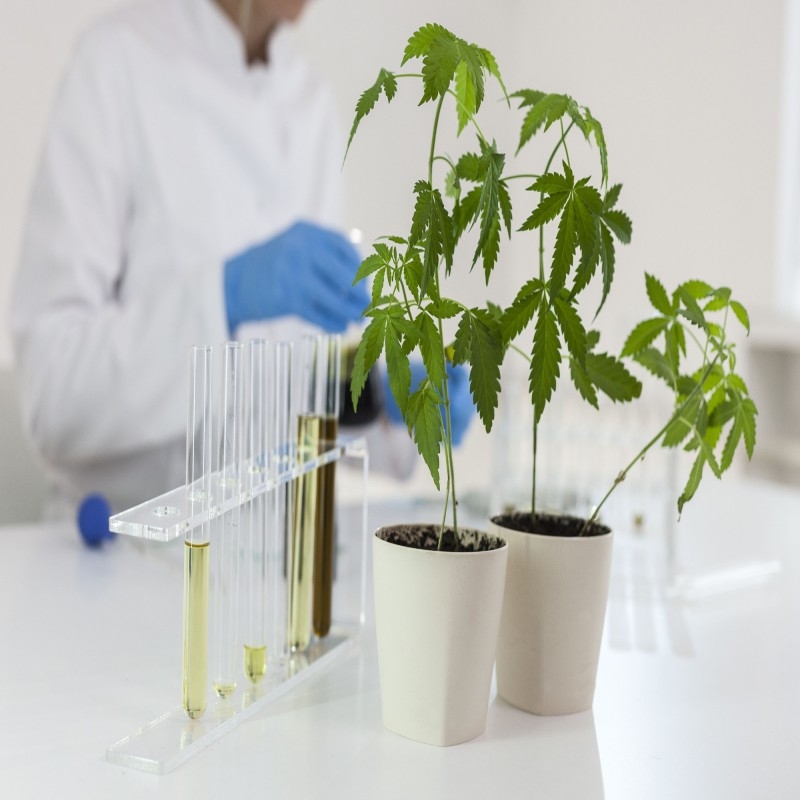Testing Requirements Vary by State
As the cannabis industry continues to evolve, many states have established rigorous testing regulations that businesses must follow. Requirements differ depending on the state but typically involve tests for potency, residual solvents, heavy metals, mycotoxins, pesticides, herbicides and microbial impurities. Some states even mandate specific testing methodologies or quantitative pass/fail limits. It is important for companies to understand the rules in their particular state and only sell products that fully comply. Third-party testing from accredited labs helps demonstrate regulatory adherence.
How the Testing Process Works
Most Cannabis Testing Services begins with companies sending samples from their harvests or manufactured products to an independent, state-licensed testing facility. The lab uses validated equipment and methods to analyze the chemical composition and screen for contaminants. Sample preparation often involves homogenizing plant material or distillates and applying consistent doses to testing plates or instruments. Sophisticated tools like gas or liquid chromatography-mass spectrometers are commonly used to separate and identify cannabinoids, terpenes and other compounds. Tests for microbials, metals and pesticides may employ equipment like polymerase chain reaction (PCR) machines or inductively coupled plasma-mass spectrometers (ICP-MS). Once analyses are complete, laboratories issue certified reports with the results to the cannabis business. Any products failing to meet standards may not be sold or distributed.
Certificate of Analysis Critical for Compliance
The certificate of analysis (COA) provided by testing labs serves as official documentation that batches of cannabis meet all regulatory specifications. This important document contains the results of all required analyses along with batch identification information linked to the specific samples tested. COAs help cannabis companies, dispensaries and regulators verify that products on the market contain the proper cannabinoid content and pose no threat of contamination. They are also an essential part of the product tracking requirements in many states' marijuana programs. Companies need to retain COAs and make them accessible in case of recalls or random inspections.
Testing for Consistency and Quality Improvement
Beyond mandatory compliance testing, cannabis businesses often choose to utilize additional analyses on a voluntary basis. Regular testing of harvests and manufacturing runs for potency and homogeneity helps ensure consistent dosage delivery to consumers over time. It also aids in quality control efforts and process optimization. Any detected variation can prompt corrective actions like adjusting cultivation conditions, changing extraction parameters or improving post-processing handling methods. Testing agricultural crops at various growth stages provides actionable data for improving plant strains and cultivation techniques. Regular screening also benefits extraction and infused product makers by revealing ways to streamline manufacturing processes. Overall, ongoing testing plays a big role in elevating the quality and reproducibility of cannabis goods.
Get more insights on Cannabis Testing Services



